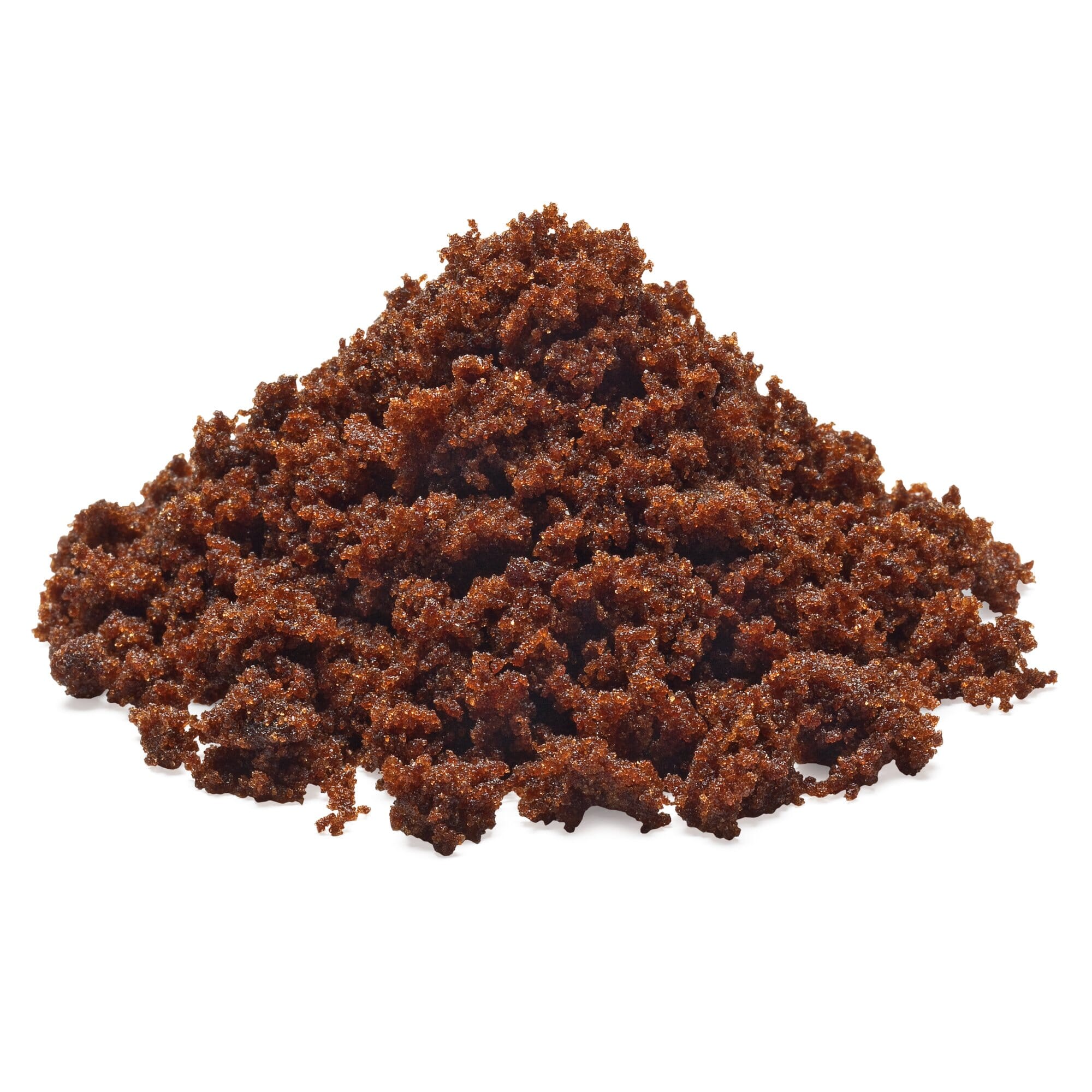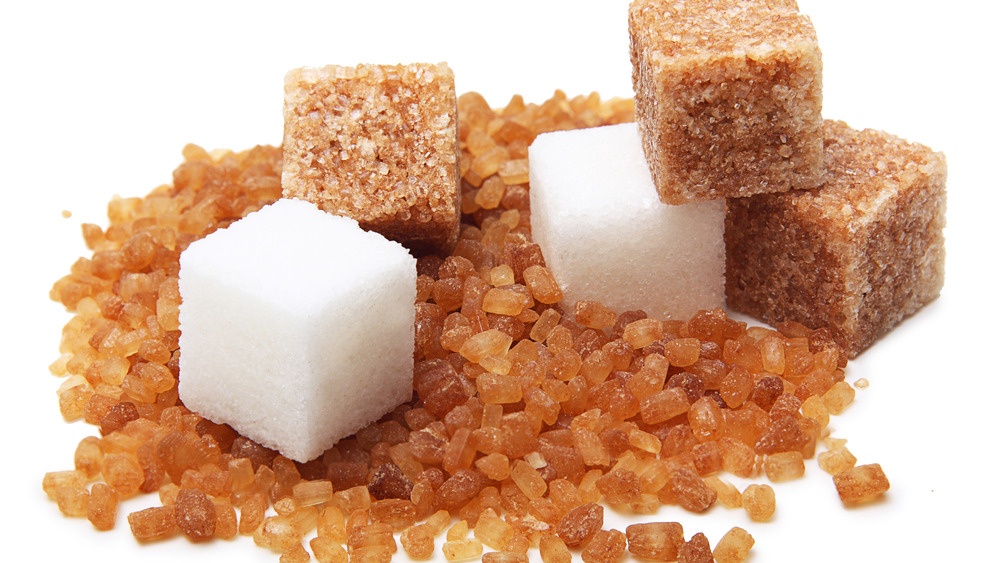Cane Sugar Processing: From Field to Table-- A Step-by-Step Overview
Cane Sugar Processing: From Field to Table-- A Step-by-Step Overview
Blog Article
An In-depth Overview of the Wellness and Economic Implications of Walking Stick Sugar Handling on Local Neighborhoods
Walking cane sugar handling plays a critical function in forming the financial landscape of local communities, supplying employment possibility and promoting ancillary sectors. Nonetheless, the health implications related to high sugar consumption can not be ignored, as they contribute to climbing prices of excessive weight and diabetes mellitus. This nuanced vibrant welcomes a crucial evaluation of exactly how neighborhoods can maximize economic gains while dealing with journalism health challenges they face. The exploration of sustainable methods and academic efforts might simply hold the secret to reconciling these contrasting passions. What approaches might areas implement to attain this equilibrium?
Economic Advantages of Walking Stick Sugar Processing
Walking cane sugar processing offers substantial economic benefits that prolong past the prompt farming market. The farming and processing of sugarcane develop countless task opportunities, from farming to production and distribution. This work generation not only sustains local economies however also promotes community advancement by providing secure income resources for families.
In addition, the sugar market boosts secondary organizations, including transport, equipment supply, and packaging solutions (Cane Sugar Processing). As these industries expand, they add to a more durable financial framework, improving total area durability. The export capacity of refined cane sugar even more amplifies economic advantages, placing areas as affordable players in worldwide markets
Financial investment in contemporary handling centers can lead to enhanced productivity and performance, therefore decreasing waste and enhancing resource use. This change not just profits the neighborhood economic climate yet additionally sustains sustainability initiatives by minimizing environmental effects.
Moreover, the profits created from walking cane sugar handling can be reinvested in neighborhood framework, education and learning, and medical care, advertising all natural neighborhood development. Generally, the economic benefits of cane sugar processing are multifaceted, providing a structure for sustaining prosperity in farming areas.
Health Dangers Related To Sugar Consumption
Excessive sugar intake positions significant wellness threats that call for major focus. High consumption of sugarcoated, particularly from refined beverages and foods, has actually been connected to many health and wellness issues. Among one of the most important worries is excessive weight, as sweet diet regimens add to an enhanced caloric consumption without supplying necessary nutrients. This extra can result in metabolic disorders, consisting of type 2 diabetes mellitus, which has actually ended up being increasingly widespread in both children and grownups - Cane Sugar Processing.
Moreover, high sugar usage is related to cardio illness. Elevated blood glucose degrees can result in insulin resistance, a precursor to different heart-related concerns. Additionally, sugar can have destructive impacts on dental health, leading to dental caries and gum illness, as microorganisms in the mouth flourish on sugar, creating acids that deteriorate tooth enamel.
Additionally, arising study suggests a prospective web link in between high sugar consumption and mental health and wellness disorders, such as depression and stress and anxiety. As neighborhoods grapple with these health and wellness threats, it becomes important to advertise understanding and encourage much healthier nutritional selections. Attending to sugar consumption is critical not just for individual health and wellness however also for the total well-being of local areas, emphasizing the demand for comprehensive public health techniques.
Ecological Influences of Sugar Manufacturing
Regularly forgotten in discussions about sugar's ramifications is the significant environmental effect of sugar manufacturing. The growing of sugarcane often necessitates substantial land use, causing deforestation, loss of biodiversity, and disruption of local environments. The conversion of forests and wetlands right into sugar haciendas can cause environment damage, harmful countless varieties and changing environmental equilibrium.
In addition, sugar manufacturing is resource-intensive, consuming considerable quantities of water for watering. This can cause exhaustion of local water resources, adversely impacting both farming methods and community accessibility to clean water. Additionally, making use of chemical plant foods and chemicals in sugarcane farming can add to soil destruction and water pollution, as runoff from these chemicals gets in close-by rivers and lakes, impacting marine life go to this web-site and human health and wellness.
The environmental impact includes the processing stage, where energy intake and waste generation additional exacerbate environmental issues. Air pollution from shedding sugarcane areas, together with greenhouse gas emissions, add to climate adjustment. Because of this, the ecological effects of sugar production warrant serious consideration, prompting stakeholders to adopt even more lasting practices to mitigate these unfavorable results on local ecosystems and areas.
Job Development and Community Development
The ecological challenges positioned by sugar manufacturing are frequently counteracted by its potential for economic advantages, especially in job creation and community advancement. The walking cane sugar market acts as a substantial resource of work in numerous backwoods, giving tasks across different ability levels, from agricultural labor to handling and circulation duties. This work not only supports private family members yet likewise adds to the general financial vigor of neighborhood communities.
Additionally, the facility of sugar processing centers promotes secondary organizations, such as transport solutions, tools supply, and upkeep suppliers. As these businesses flourish, they produce extra jobs and boost neighborhood economies. The revenue produced from the sugar market additionally causes increased tax obligation revenues, which can be reinvested right into community services such as education, infrastructure, and medical care advancement.
Additionally, the sugar market typically participates in neighborhood development campaigns, such as supporting neighborhood institutions and wellness programs, thereby enhancing the top quality of life for locals. By fostering solid neighborhood connections and promoting financial development, the walking stick sugar handling industry plays an essential function in uplifting local populations, making it a vital component of lasting growth strategies in sugar-producing regions.
Balancing Wellness and Economic Growth
In navigating the intricacies of cane sugar handling, a crucial obstacle depends on balancing health considerations with financial development. The sugar industry substantially adds to local economic situations by generating work, stimulating associated markets, and raising tax earnings. However, the health ramifications associated with extreme sugar intake can lead to chronic diseases such as excessive weight, diabetes, and cardiovascular problems, which can problem public wellness systems and diminish workforce productivity.

Additionally, regulatory frameworks can article source play a critical function in directing market techniques in the direction of even more health-conscious and sustainable techniques. By cultivating cooperation between government bodies, health and wellness companies, and the sugar sector, areas can browse the dichotomy of health and wellness and financial growth, making certain that the benefits of walking stick sugar handling are equitably shared while prioritizing public health and wellness.
Final Thought
Finally, the processing of cane sugar presents both significant economic advantages and significant health and wellness dangers for regional communities. While it promotes work creation and stimulates local advancement, the associated learn this here now health and wellness worries, specifically regarding excessive weight and diabetes mellitus, demand a careful balancing act. By advertising liable usage and investing in neighborhood education and learning and sustainable methods, it is possible to optimize financial advantages while reducing unfavorable health results, therefore making certain a much healthier future for local populations.
Additionally, sugar can have detrimental results on dental health, resulting in dental caries and gum tissue condition, as germs in the mouth thrive on sugar, generating acids that wear down tooth enamel.
Resolving sugar usage is essential not just for private health but additionally for the overall health of regional communities, stressing the requirement for thorough public health and wellness strategies.
Often ignored in discussions concerning sugar's ramifications is the significant ecological influence of sugar manufacturing. The wellness effects linked with extreme sugar consumption can lead to chronic conditions such as weight problems, diabetes, and cardiovascular issues, which can concern public wellness systems and diminish workforce performance.

Report this page